News Archive
Research
-
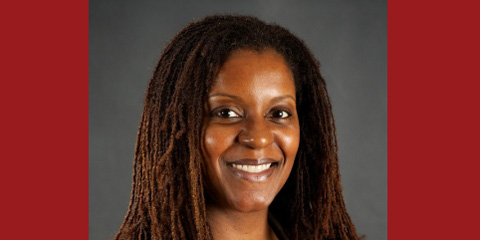
Karen Lincoln is an associate professor at the USC School of Social Work and director of the USC Hartford Center of Excellence in Geriatric Social Work.
-
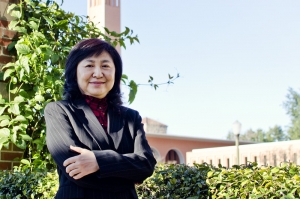
During her first field placement as an undergraduate social work student in Hong Kong, Iris Chi encountered what she expected to be a very depressing situation.
One of her clients was a woman in her 70s who had applied for housing assistance. Her husband and children had died during World War II, she had no other close relatives, and she had worked as a maid her entire life.
“At the beginning, I thought this was a very sad case, that this was just a helpless old lady,” Chi said. “She lived on her own and the living environment was terrible.”
-

With the recent surge in national media coverage of racial injustices occurring across the country, people have begun to question whether it’s really about race or simply a product of biased reporting. Terence Fitzgerald, a clinical assistant professor at the USC School of Social Work, says the answer is clear: it is a race issue.
“Today you have people saying racism doesn’t exist or doesn’t exist as much,” he said. “But these atrocities are not new. It’s just our change in media and technology that enables you to actually see it.”
-
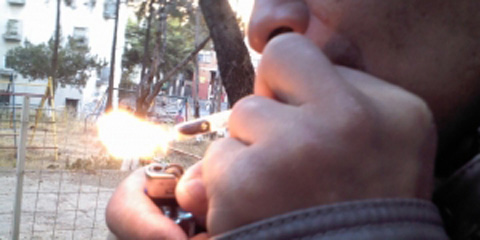
Disturbed by new evidence that crack cocaine use may be reaching epidemic levels in Mexico City, researchers from the University of Southern California are testing a new strategy to fight back.
Led by Assistant Professor Alice Cepeda from the USC School of Social Work, the team will implement projection mapping, an emerging technology that projects two-dimensional images and animated text onto buildings and other large surfaces, to deliver health messages to hard-to-reach individuals who use crack.
-
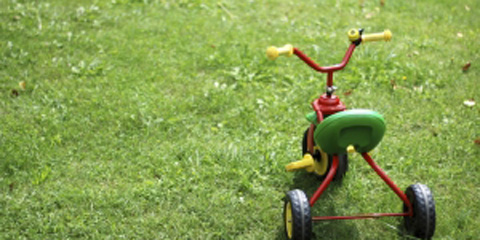
The Children’s Data Network project at the University of Southern California School of Social Work has released data showing one in seven children born in California – 14.8 percent – were reported for suspected abuse or neglect before they were 5 years old, a much higher number than previously realized. The study linked more than one million birth records to Child Protective Services (CPS) data and analyzed children’s experience over a five-year period.
-
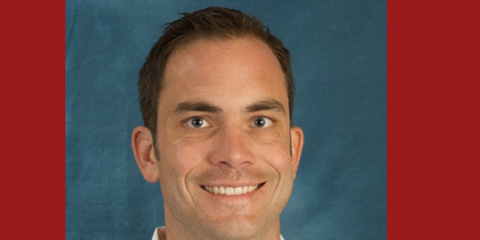
The recent publication of "America's Youngest Outcasts" by the National Center on Family Homelessness reports a staggering 2.5 million homeless children under the age of 18. Justifiably, this news has people in an uproar.
As someone who has conducted extensive research with homeless teens and young adults for more than a decade, I am glad to see the problem making headlines and spurring discussion.
-
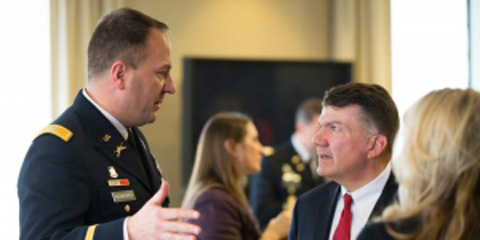
Every year, 250,000 veterans are transitioning from military to civilian life.
Though there is wide community support for them, a system of more than 40,000 nonprofit organizations, along with federal and state agencies, can be difficult for veterans to navigate for services.
-
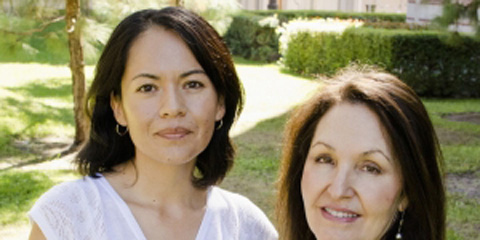
Reviewing grant proposals for federal agencies has proven to be a boon to researchers at the USC School of Social Work. A perfect example is Suzanne Wenzel, a professor and current chair of the school’s Research Council. Since 2001, she has served as a reviewer for the National Institutes of Health (NIH) on multiple occasions. She recently accepted an invitation to join a four-year review panel tasked with examining proposals related to the multiple personal, social and community factors that influence HIV risk and preventive behaviors.
-
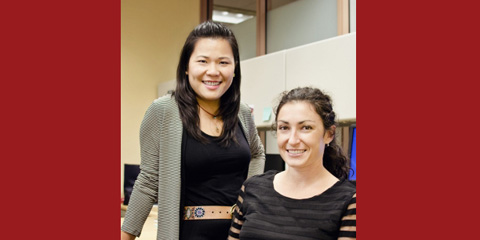
How do unique neighborhood characteristics influence rates of child maltreatment?
A new study led by researchers at the USC School of Social Work will explore that question, particularly how social dynamics in immigrant enclaves and collaboration among community service providers may protect against or increase the risk of child abuse and neglect.
-
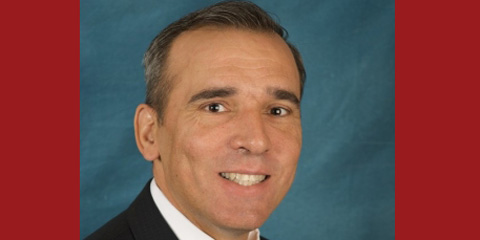
California is home to nearly 1.8 million veterans, with more than 325,000 living in Los Angeles. But as troops leave the nation's longest-running wars in Iraq and Afghanistan and service members complete their tours of duty, another 12,000 new veterans are expected to be added to our local population annually.